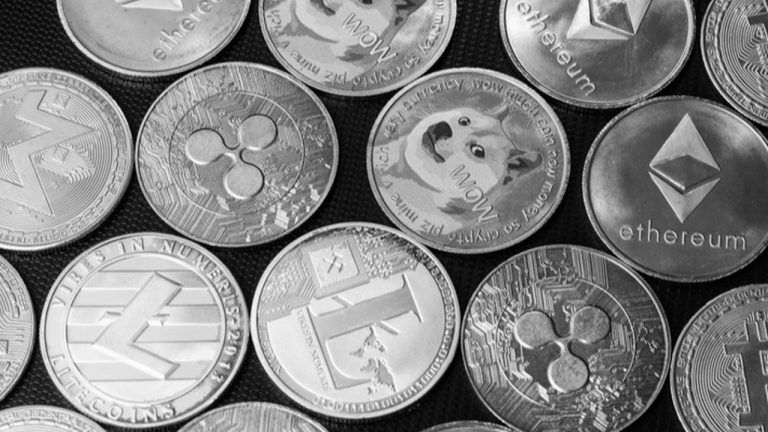
According to data, the cryptocurrency ecosystem has endured its longest stretch without an altcoin season. So far, it has been more than two years without an altcoin season, and there have been no signals indicating one might emerge.
Altcoin Season Eludes Cryptocurrency Market for 2 Years
Recently, social media and cryptocurrency-related forums have been abuzz with discussions about an “altcoin season” and the unprecedented duration without one. Essentially, an altcoin season is a period in the cryptocurrency market when the prices of alternative cryptocurrencies, known as altcoins, surge in comparison to bitcoin (BTC) for several weeks or months. The Altcoin Season Index, available on blockchaincenter.net, notes that if 75% of the top 50 coins perform better than bitcoin over the last season (90 days), it is considered an “altcoin season.”
The index currently indicates that we are in a “bitcoin season,” a state that has persisted since at least May 2021. Some market observers believe an altcoin season may have occurred from late 2020 to November 2021. Regardless, it has been roughly two years since the last altcoin season. The most significant altcoin season to date began in the second half of 2017 and ended in the first quarter of 2018. As of now, according to the index, 75% of the top 50 cryptocurrency tokens are underperforming compared to bitcoin.
At press time, the cryptocurrency economy is valued at $1.19 trillion, with bitcoin (BTC) accounting for 49.9% of that value and ethereum (ETH) comprising 19%. Data from cryptobubbles.net reveals that many altcoins have seen significant gains over the past 24 hours, and the 30-day metrics highlight several leaders. Compound (COMP) has risen 153% in the last month, while bitcoin cash (BCH) has jumped 163% higher against the U.S. dollar. FTX’s FTT has increased 77% in 30 days, and PEPE has gained 63%.
Although a significant number of tokens have outperformed bitcoin (BTC) over the past month, this has not triggered any signs of an impending altcoin season, where alternative cryptocurrencies would perform better than the market leader. A potential obstacle to an altcoin season is the recent crackdown on the cryptocurrency industry by the U.S. Securities and Exchange Commission (SEC) and other U.S. regulators. To date, the SEC has classified more than two dozen alternative cryptocurrencies as unregistered securities.
The U.S. regulator considers these tokens to be investment contracts that promise future rewards and are centralized by issuance and development activities. However, BTC has not been classified in this way. It is widely accepted that BTC is not a security but rather a broadly recognized commodity. Even ethereum (ETH), the second-largest cryptocurrency by market capitalization, has been labeled a security by New York attorney general Letitia James in a lawsuit against Kucoin.
“The petition argues that ETH, just like LUNA and UST, is a speculative asset that relies on the efforts of third-party developers in order to provide profit to the holders of ETH,” James said in a court filing in March.
Will the prolonged absence of an altcoin season impact the long-term prospects of alternative cryptocurrencies? Share your thoughts and opinions about this subject in the comments section below.

You can get bonuses upto $100 FREE BONUS when you:
💰 Install these recommended apps:
💲 SocialGood - 100% Crypto Back on Everyday Shopping
💲 xPortal - The DeFi For The Next Billion
💲 CryptoTab Browser - Lightweight, fast, and ready to mine!
💰 Register on these recommended exchanges:
🟡 Binance🟡 Bitfinex🟡 Bitmart🟡 Bittrex🟡 Bitget
🟡 CoinEx🟡 Crypto.com🟡 Gate.io🟡 Huobi🟡 Kucoin.


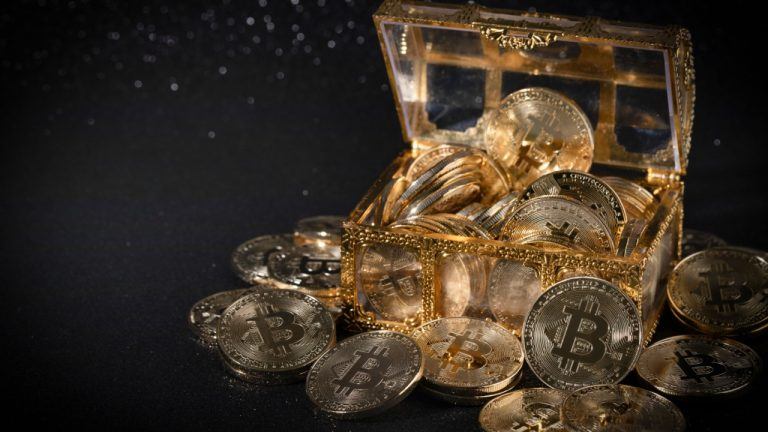


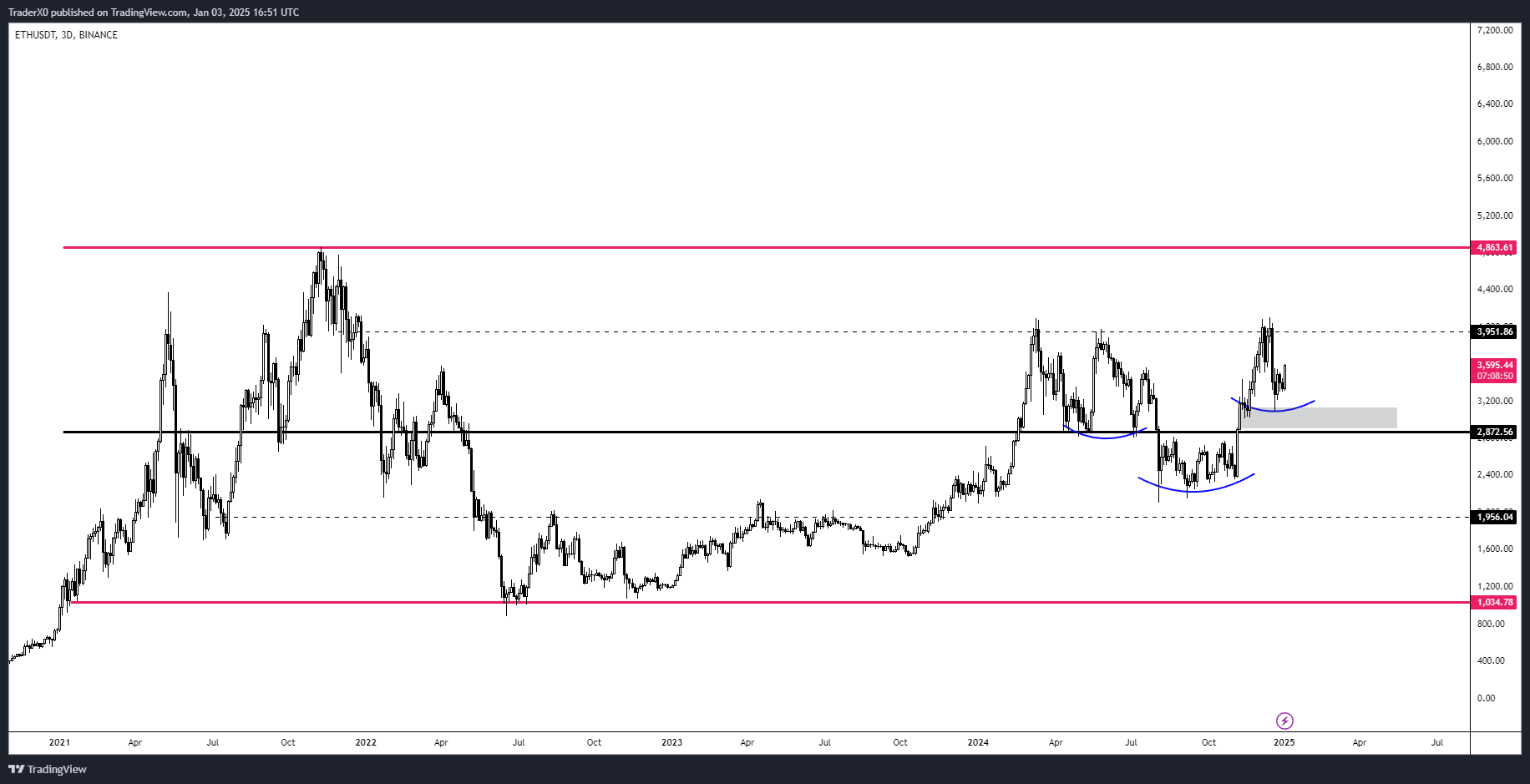
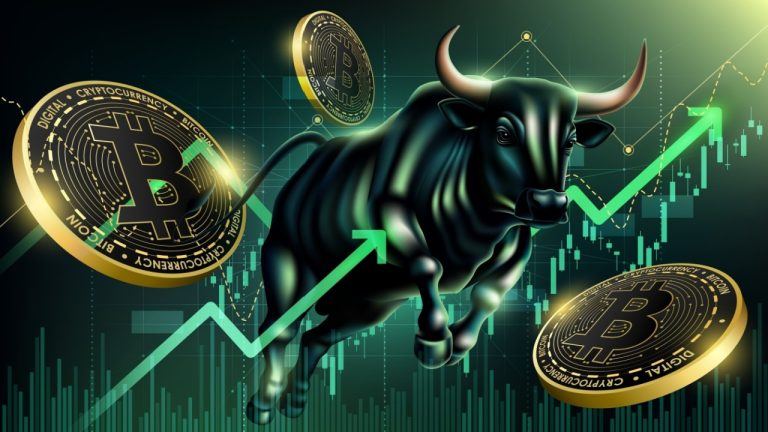
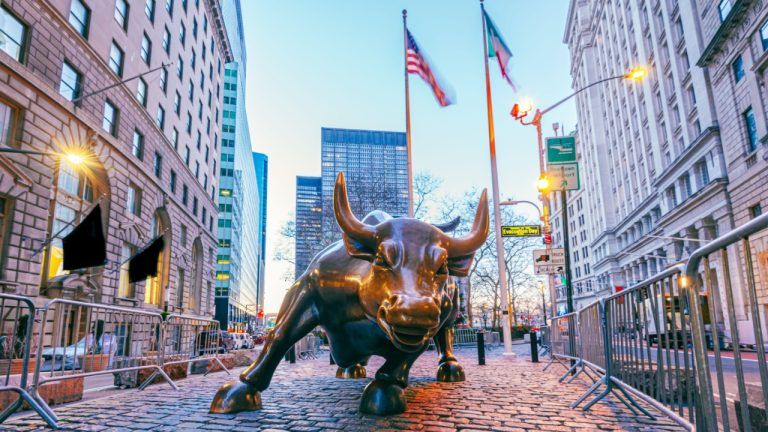






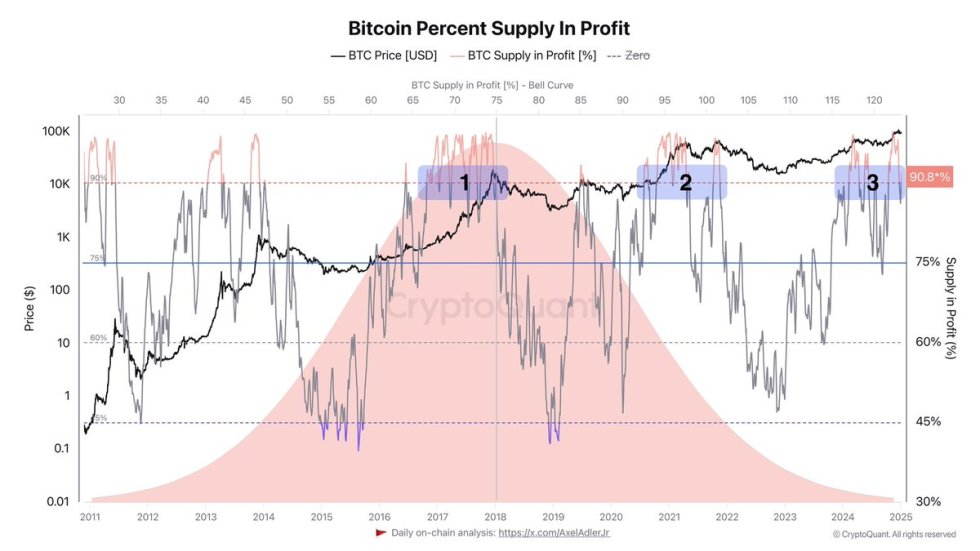




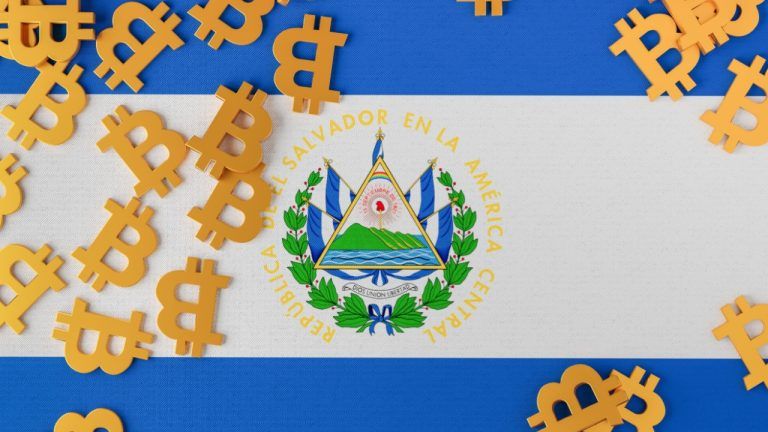
Comments